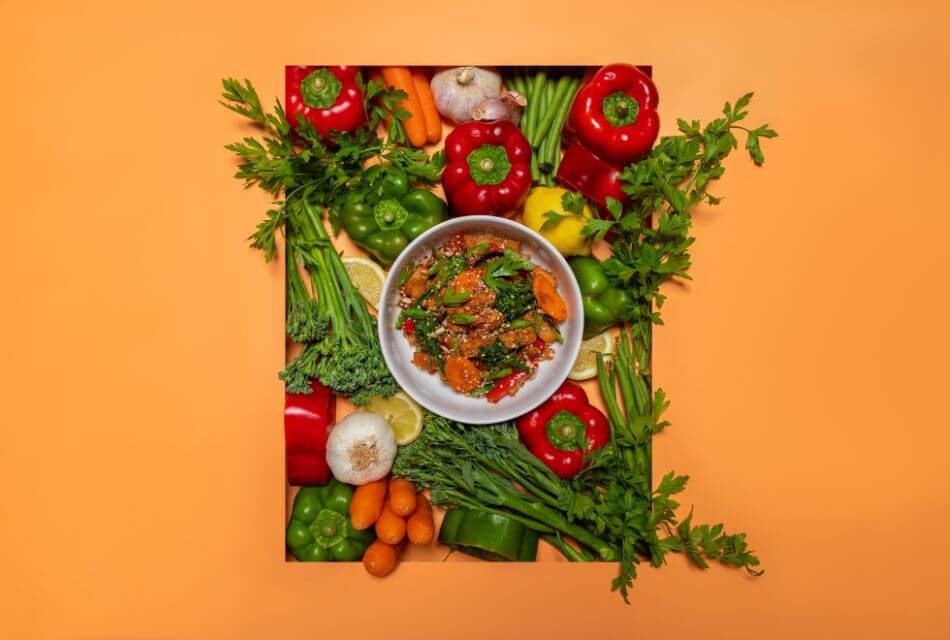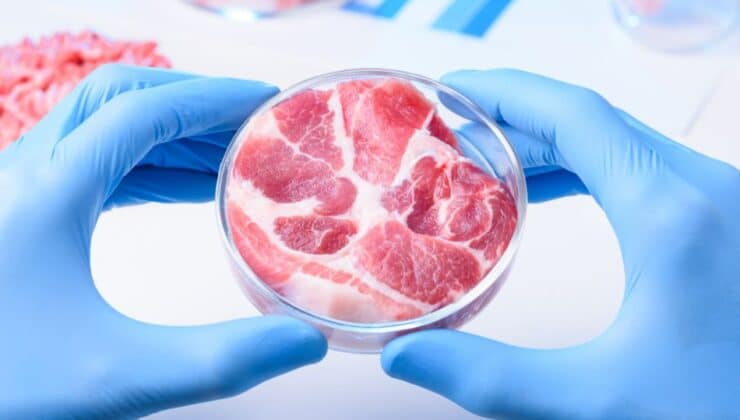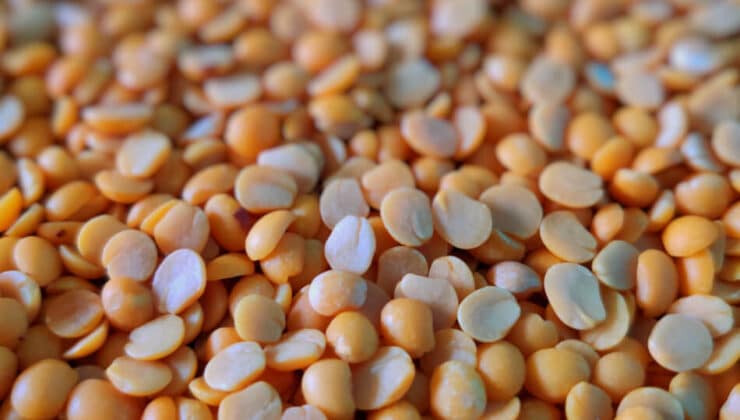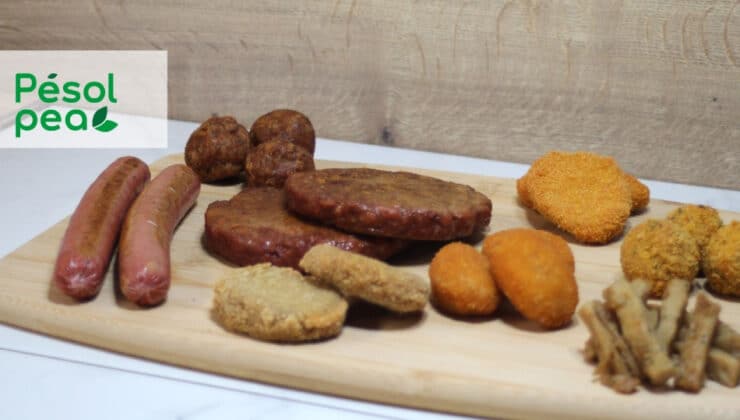The demand for animal protein-free food is increasing, figures and reports back this up with hard data: by 2021, vegetable protein had quadrupled its sales worldwide.
The food industry no longer recognises this increase as a trend because it is no longer a trend, the perspective has changed, and we are now faced with a global plant-based protein market that continues to grow. According to Bloomber Intelligence, it has already reached a value of more than 26,000 million euros worldwide and around 430 million euros in Spain, where consumption has risen by 48% in the last year.
The same report makes a medium-term assessment and concludes that the animal protein-free food market will reach 143,000 million euros in 2030, covering almost 8% of the global protein market.
What began last century as a trend led by plant-based substitutes for animal-based dairy products and marked by curiosity, latent vegetarianism and the aim of opening up new avenues for nutrition that would protect the health of consumers and the planet, has become a market with its own identity.
Meat analogues, those foods created from vegetable proteins that mimic meat in their physical, organoleptic and even aesthetic qualities, are a growing option in the diets of millions of people and a solution to feed, in a healthy and sustainable way, a world population that by 2050 is expected to exceed 10 billion people.
Data and indicators are on the table, the food of the future is already here. Molendum Ingredients, a subsidiary of the Dacsa Group, has anticipated this scenario by developing food solutions to cover the different options of demand for animal protein-free food, to contribute to the development of foods that do not yet exist on supermarket shelves but are already taking shape in the R&D&I departments of companies in the sector.
These are prepared foods based on plant-based solutions that meet all the requirements demanded by the demand for animal protein-free foods. And it demands a lot because the journey is long, and consumers have learned to be selective.
It is no longer enough to offer foods free of animal protein, as could happen when plant-based food was a trend, when people spoke of alternative food. Now, consumers who have decided to leave animal protein out of their diet and replace it with vegetable protein, either totally or circumstantially, demand allergen-free foods; 100% natural, not genetically modified and made with top quality raw materials and procedures that respect their nutritional qualities as much as possible and favour organoleptic qualities.
Foods that, without including animal protein, are as similar as possible to those that do include it, especially in texture and flavour.
This is a challenge for the food industry, which is already allying itself with the best to be able to offer ranges of foods that, while ensuring a healthy life and a pleasant diet for people, also take care of the planet’s resources, conditions that have also ceased to be a trend and have become a necessary requirement.





